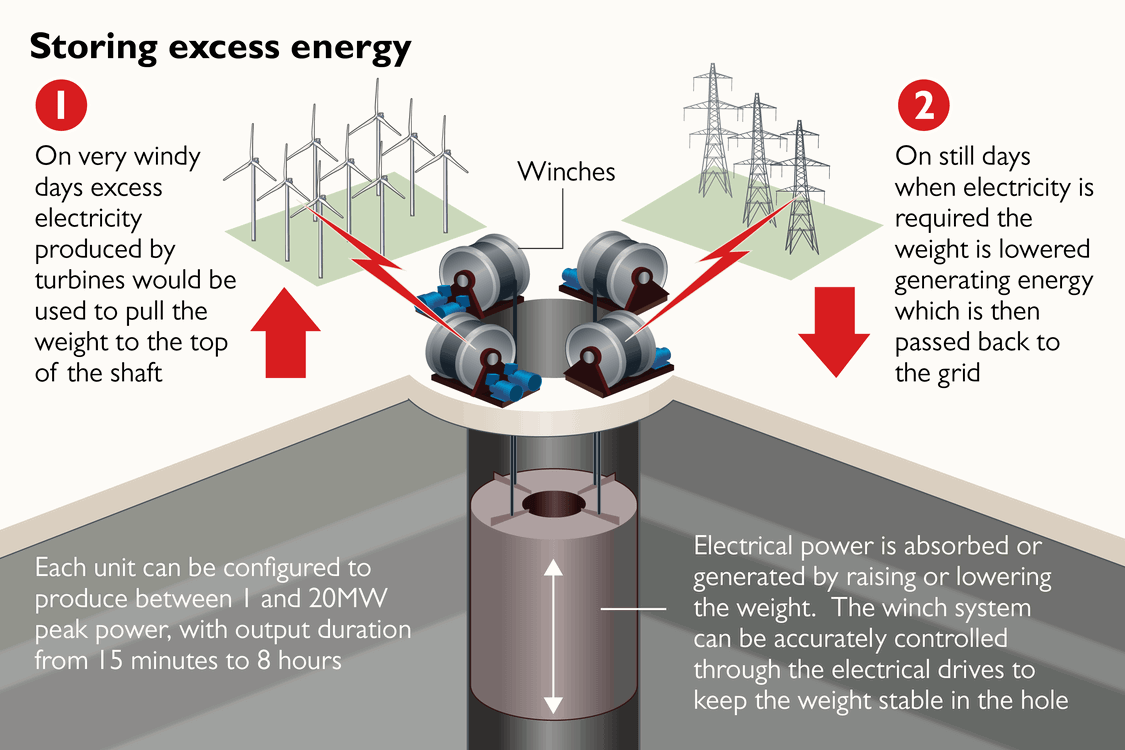
Aadhaar Payments Bridge System (APBS)
Subscribers of "Current Affairs" course can Download Daily Current Affairs in PDF/DOC
Subscribe to Never Miss an Important Update! Assured Discounts on New Products!
Must Join PMF IAS Telegram Channel & PMF IAS History Telegram Channel
- Context (TH | PIB): Wages under the MGNREGS were to be paid only through an Aadhaar-based payment system (ABPS).
- A recent report highlighted that 34.8% of registered and 12.7% of active workers remain ineligible for this mandatory payment method.
- The Union Rural Development Ministry responded that workers will get an exemption from the ABPS on a case-to-case basis.
- MGNREGS has not adopted Aadhaar-enabled payment (AEPS). This scheme has opted for the ABPS.
What is the APBS?
- The APBS is a digital platform.
- It is implemented by the National Payments Corporation of India (NPCI) in collaboration with the Unique Identification Authority of India (UIDAI).
- It acts on the principle that a person’s Aadhaar number becomes their financial address.
- In cases of multiple accounts, APBS automatically sends money to the latest-mapped account for the same person.
- The household job card can be deleted only in certain conditions, but not due to APBS.
What is the role of ABPS?
- The APBS acts as a bridge between the government departments, banks, and beneficiaries by leveraging the Aadhaar infrastructure.
- It enables the seamless and efficient transfer of funds from the government to the intended recipients.
Significance of the APBS
- Direct Benefit Transfer (DBT): Facilitates direct transfer of government benefits and subsidies to beneficiaries’ bank accounts.
- Financial Inclusion: Links Aadhaar with bank accounts, promoting access to banking services for the unbanked population.
- Transparency and Accountability: Enhances transparency by reducing identity fraud and maintaining an auditable trail of transactions.
- Cost Savings: Reduces administrative expenses, corruption, and paperwork associated with physical cash disbursements.
- Efficiency and Convenience: Streamlines fund transfer processes, making disbursements faster and more efficient.
- Scalability and Reach: Leverages the vast Aadhaar database to reach a large population, even in remote areas.
- Promotes Digital Economy: Contributes to building a digital and inclusive economy by enabling efficient digital transactions.
- Government Schemes and Programs: Used for disbursing social welfare schemes, scholarships, pensions, and subsidies.
- Eliminates Intermediaries: Reduces leakages and inordinate delays by eliminating middlemen in the disbursement process.
- Improves Service Delivery: Ensures benefits promptly reach recipients, reducing grievances.
What are the issues with APBS?
- Exclusion and dependency on Aadhaar.
- Privacy and data security concerns.
- Authentication failures and technical glitches.
- Exclusion of vulnerable sections.
- Lack of awareness and digital literacy.
- Dependence on Internet and banking infrastructure.
- Fraud and misuse.
- Millions of poor and underprivileged people are added to the system without their consent.
- Diverted payments have become a severe problem in Jharkhand.
- Elderly people dying of hunger after the APBS diverted their pensions to someone else’s account, particularly in Jharkhand.
- The system suffers from a pervasive lack of accountability, making it a very opaque payment system, and few people clearly understand it.
- Even bank managers are not able to help people in the absence of guidelines for resolving payment problems.
Aadhaar Enabled Payment System (AEPS)
- AEPS finds its application in the bank-led financial inclusion model.
- AEPS allows debits at micro-ATMS with a Business correspondent of the bank using Aadhaar authentication.
- It is the initiative of NPCI and was started by joint efforts of the Reserve Bank of India (RBI) and the Indian Banks’ Association (IBA).
- Its objective is to facilitate interoperability across banks safely and securely.
- AEPS permits both ON-US and OFF-US withdrawals effectively by enabling an authentication gateway for all Aadhaar-linked account holders.
|
The following services can be carried out through AEPS
- Balance enquiry
- Cash withdrawal
- Cash Deposit
- Aadhaar to Aadhaar Fund Transfer
- Best Finger Detection (BFD)
- Mini statement





![PMF IAS Environment for UPSC 2022-23 [paperback] PMF IAS [Nov 30, 2021]…](https://pmfias.b-cdn.net/wp-content/uploads/2024/04/pmfiasenvironmentforupsc2022-23paperbackpmfiasnov302021.jpg)










